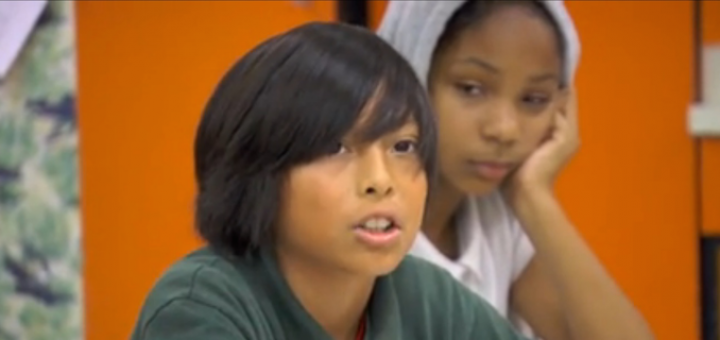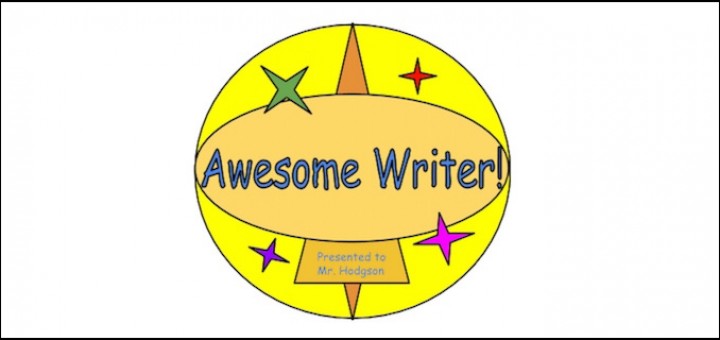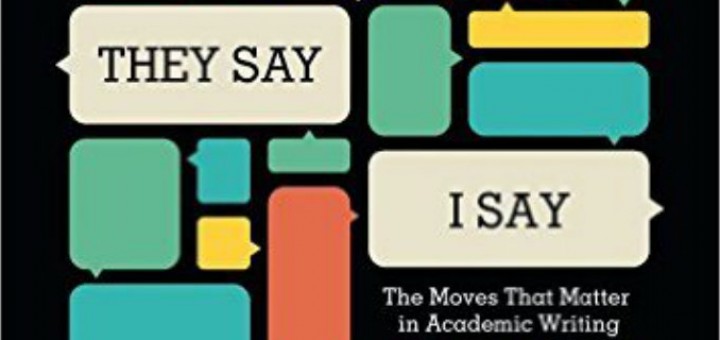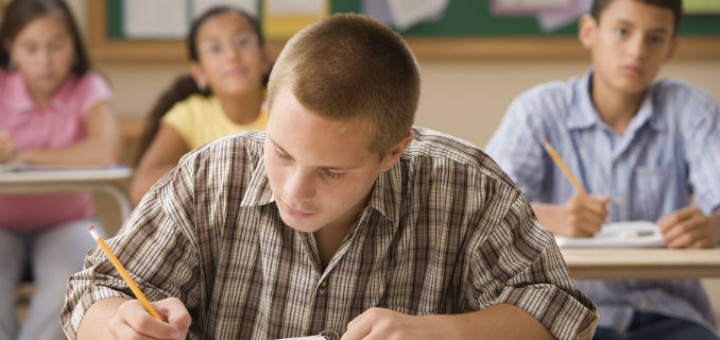Teaching and learning in grades 4-8
Of all the ways educators can improve learning in their classrooms, “the Number 1 way is to strengthen students’ speaking and listening skills and habits,” writes teaching coach and literacy expert Sarah Tantillo. Oral fluency deepens understanding dramatically.
Mary Tarashuk is packing for her trip back to Room 106 and her new class of fourth graders. She shares her pre-flight checklist and her new student-centered theme for the year: “In Class 4-T We DO Learning.” Along the way she includes middle grades resources.
When Kevin Hodgson finds a student’s thank-you gift in his school email, he writes her a belated letter, affirming his conviction that teachers should always write with students and his belief that “Rebecca” will realize her dream to become a published author.
Teaching about Judaism, Christianity and Islam is a staple in many middle school world history and culture classes. To help counter students’ frequent confusion about these religions, Lauren Brown points out misconceptions and offers resource ideas.
Knowing how to respond to counterclaims while developing their own claims in argumentative writing helps students in school and beyond. Educators Leslie Skantz-Hodgson and Jamilla Jones report on their summer studying “They Say/I Say” with teacher colleagues.
With Moss and Brookhart’s book “Formative Classroom Walkthroughs,” educator teams can transform classroom walkthroughs into collaborations that share responsibility and help build a positive school culture, says assistant principal Mike Janatovich.
Reading Wellness makes teacher Linda Biondi want to “take a risk in teaching literacy, get out of my comfort zone, collaborate with my colleagues, and bring the joy of reading to all my students – and colleagues.” She expects others will feel the same.
In his ELA classroom, David Sebek focuses on four aspects of what it means to be a “good citizen” – truthfulness, justice, equality and responsibility – and uses whistleblower stories and dystopian fiction to explore the elusive definition of citizenship.
If you could design your ideal social studies curriculum for middle school, what would it look like? After surveying area high schools, Jody Passanisi and Shara Peters decide to focus on skills development. Here’s their draft scope & sequence for grades 6-8.
Lori G. Wilfong knows how to write for teachers: concise, conversational and filled with practical ideas. In Writing Strategies That Work: Do This–Not That!, she presents current best practices for teachers of all grades and content areas, says Anne Anderson.









































